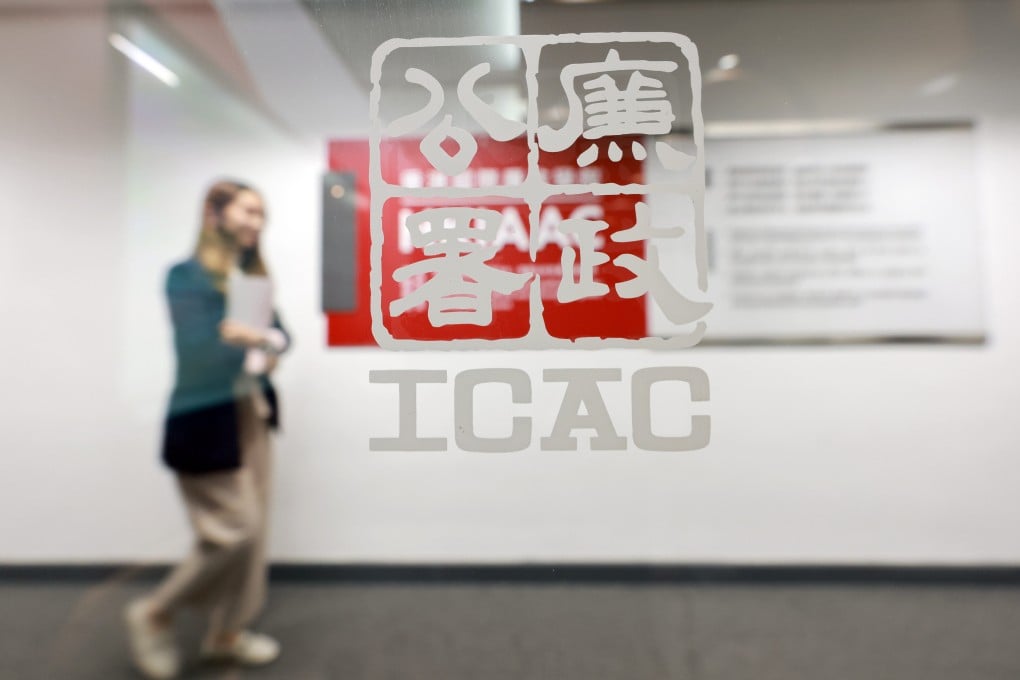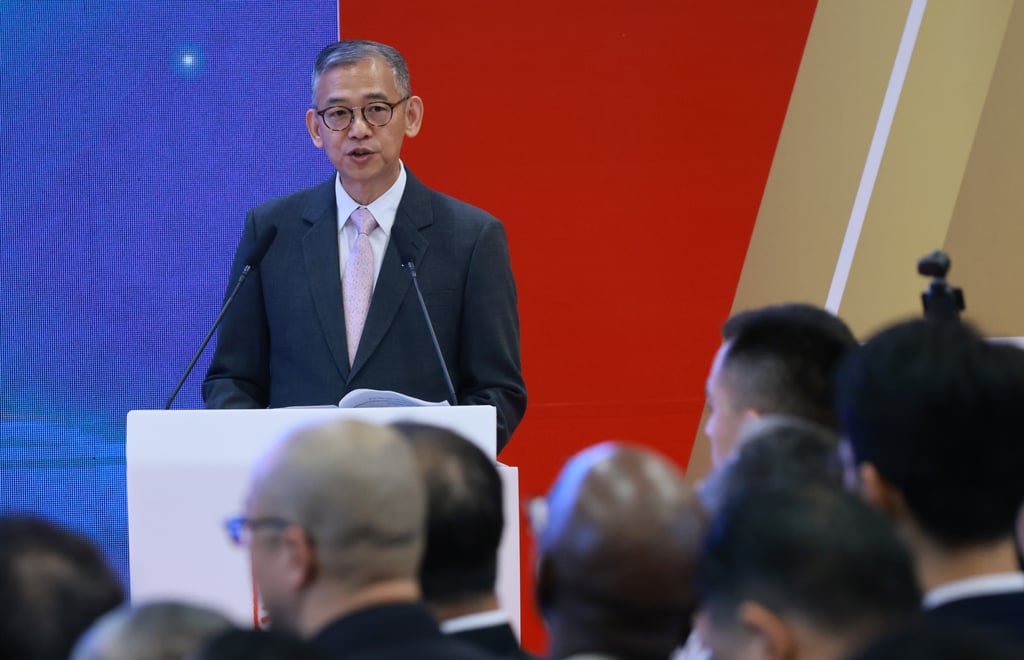Editorial | ICAC must build on 50 years to ensure no hiding place for Hong Kong graft
- Anniversary of anti-corruption body serves as a reminder of just how far city has come and how it has to continue the battle

Hong Kong’s reputation for being a city with relatively low levels of corruption has played a key role in fuelling its economic growth and development as an international financial centre. But it has not always been that way.
Graft was part and parcel of daily life until the formation of the Independent Commission Against Corruption in 1974. The emergence of this new law-enforcement agency, with sweeping powers, marked a turning point.
Officers focused initially on rampant corruption within the police. Their first task was to secure the return of disgraced chief superintendent Peter Godber after the police officer fled the city. He was later jailed.
The creation of the ICAC was not easy. An amnesty was granted for less serious offences committed before 1977 after angry police officers stormed the new body’s offices that year. But the anti-graft organisation, now celebrating its 50th anniversary, has since gone from strength to strength.

It continues to work to keep the city clean, not only through investigations and arrests but also education. Many have been brought to justice, including top officials and tycoons.
Corruption complaints increased last year compared to 2022, but were still below pre-pandemic levels. In the early years, the ICAC targeted public-sector corruption.

